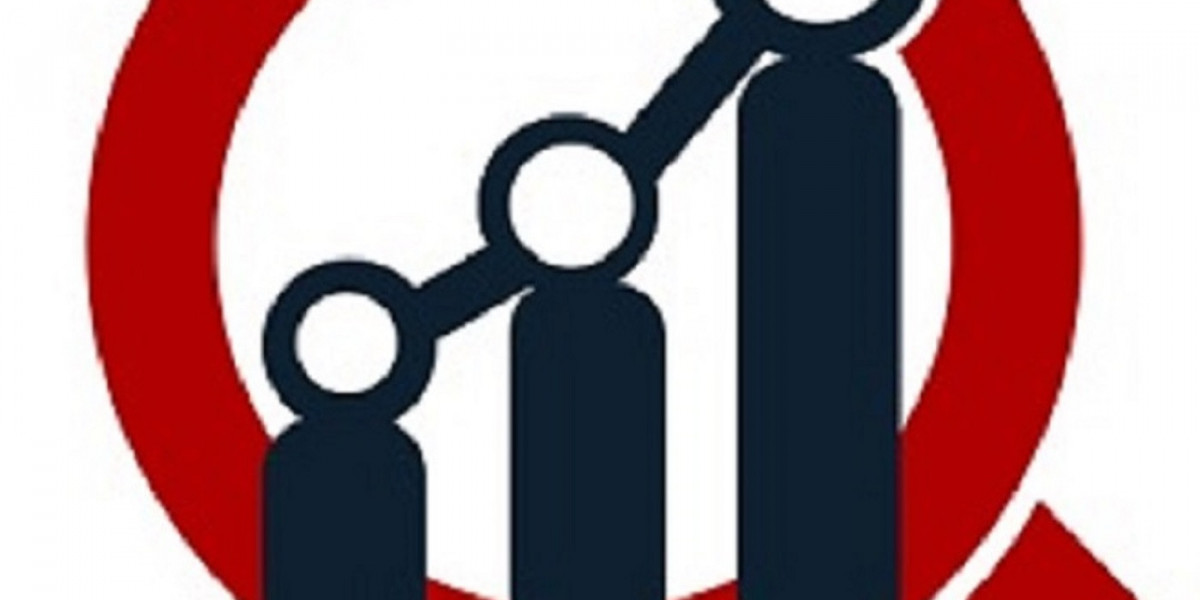Understanding Motor Insurance: A Comprehensive Guide
Motor insurance is a fundamental part of responsible vehicle ownership. It protects drivers, passengers, and others on the road from the financial repercussions of accidents, theft, or other unforeseen events. Whether you're a first-time car owner or an experienced driver, understanding motor insurance can help you make informed decisions that suit your needs and budget.
What is Motor Insurance?
Motor insurance is a contract between a vehicle owner and an insurance company. In exchange for a premium, the insurance company provides financial protection in case of accidents, damage to the vehicle, third-party injury, theft, and even natural disasters. It is designed to help mitigate the financial impact of such incidents by covering repair costs, medical expenses, legal fees, and more, depending on the type of policy you choose.
Types of Motor Insurance
Motor insurance comes in several types, each offering different levels of protection. The main types are:
- Third-Party Insurance
- Description: This is the most basic and legally required type of motor insurance in many countries. It covers damages to another person's vehicle or property caused by an accident. It also covers any injuries to third parties (other drivers, passengers, or pedestrians).
- Coverage: Only damages or injuries caused to third parties.
- Pros: Affordable, meets legal requirements.
- Cons: Does not cover damage to your own vehicle or injuries to yourself or passengers.
- Third-Party, Fire, and Theft Insurance
- Description: This is an upgrade from basic third-party insurance. It provides coverage not only for third-party damages and injuries but also covers your vehicle if it is stolen or damaged by fire.
- Coverage: Third-party damages, fire damage to your own vehicle, and theft of the vehicle.
- Pros: More comprehensive than basic third-party coverage.
- Cons: Still doesn’t cover your vehicle in the event of an accident.
- Comprehensive Insurance
- Description: This is the most extensive form of motor insurance. It provides coverage for third-party damages, injuries, and theft, but also covers damages to your own vehicle, whether or not you were at fault.
- Coverage: Third-party damages, theft, fire, accidental damage, and sometimes natural disasters (like floods, earthquakes, or hailstorms).
- Pros: Complete protection for your vehicle and others.
- Cons: More expensive than other types of coverage.
- Collision Insurance (In Some Countries)
- Description: Collision insurance covers the costs of repairing your car after an accident, regardless of who is at fault. It may be included as part of comprehensive insurance or available as a standalone policy in some regions.
- Coverage: Damage to your vehicle in a collision.
- Pros: Protects your car from accidents.
- Cons: Can be more expensive.
Sample Request For Free Pdf - https://www.marketresearchfuture.com/sample_request/16210
- Personal Injury Protection (PIP)
- Description: Personal Injury Protection is designed to cover medical expenses, lost wages, and other costs related to injuries sustained in an accident, regardless of who is at fault.
- Coverage: Medical expenses for the driver, passengers, and pedestrians, lost wages, and rehabilitation costs.
- Pros: Covers your medical expenses no matter who caused the accident.
- Cons: Often an additional cost on top of standard policies.
How Does Motor Insurance Work?
Motor insurance works through a system of premiums, deductibles, and claims. Here’s a breakdown of the process:
- Premiums: This is the amount you pay to the insurance company regularly (monthly, quarterly, or annually). The premium depends on several factors, such as the type of coverage, your driving history, the make and model of your car, and the area where you live.
- Deductible: The deductible is the amount you must pay out-of-pocket before your insurance coverage kicks in. A higher deductible can lower your premiums, but you’ll pay more in case of a claim.
- Claims Process: In the event of an accident, theft, or damage, you can file a claim with your insurance provider. The insurer will assess the situation, verify the details, and determine how much compensation you are entitled to based on your policy terms.
- Payout: Once your claim is approved, the insurance company will either reimburse you for the damages or pay directly for repairs, medical expenses, or other covered costs.
Factors Affecting Your Motor Insurance Premium
Several factors influence the cost of your motor insurance premium:
- Vehicle Type: The make, model, age, and value of your car can affect the premium. Luxury cars, sports cars, and cars with higher repair costs tend to attract higher premiums.
- Driving Record: A history of accidents or traffic violations can result in higher premiums. A clean driving record, on the other hand, can lower your premium.
- Location: Insurance costs can vary depending on where you live. Urban areas with higher traffic volumes and higher accident rates tend to have higher premiums.
- Age and Gender: Younger drivers, especially males, often face higher premiums because they are statistically more likely to be involved in accidents.
- Claims History: If you have previously made many claims, your premium may increase. Insurers may consider you a higher risk.
- Policy Add-Ons: Optional coverage, such as roadside assistance, legal expenses, or coverage for glass damage, can increase your premium.
Benefits of Motor Insurance
- Financial Protection: The most obvious benefit of motor insurance is financial protection in case of accidents, theft, or damage.
- Legal Compliance: In many countries, third-party insurance is legally required. Having the appropriate coverage ensures you are abiding by the law.
- Peace of Mind: Knowing that you are covered in the event of an accident or unexpected damage can give you peace of mind while driving.
- Protection for Passengers: Comprehensive policies often include coverage for passengers in your vehicle, ensuring they are protected in the event of an accident.
- Protection for Third Parties: Motor insurance can help cover the costs if you damage another person’s property or cause injury to others while driving.
Conclusion
Motor insurance is an essential investment for any vehicle owner. It offers financial security and peace of mind in the event of an accident, theft, or damage. By understanding the different types of coverage and factors that affect your premium, you can choose the right policy that fits your needs and budget. Remember, while the cheapest policy may seem appealing, it’s important to ensure that it provides sufficient coverage to protect you, your vehicle, and others on the road.
Related Report -
| Gap Insurance Market |
| Group Life Insurance Market |
| Healthcare Insurance Market |
| Home Insurance Market |
| Income Protection Insurance Market |








